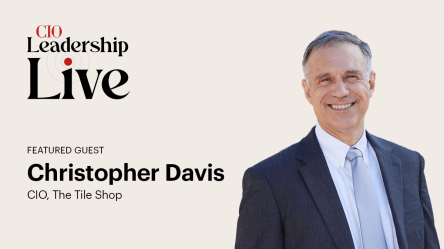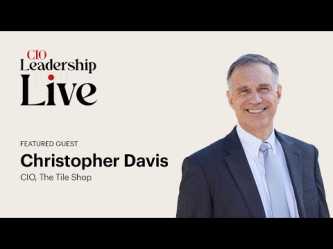How TCS’ framework enables organizations to implement AI effectively

Perhaps not since the splitting of the atom has technology and morality collided so forcefully as it has with AI.
AI brings with it tremendous potential for good, but also for harm – both in the wider world and for organizations. For companies, it can streamline workflows and speed up processes, but it can also have an adverse impact on transparency, bias and fairness. All these things can lead to reputational damage, loss of revenue and potential non-compliance with regulations.
Business leaders are increasingly aware of the stakes. The TCS AI for Business Study found rapid adoption of generative AI saw a rise in demand for ethical AI frameworks, with 95% of industry leaders recognizing the need for structured guidance in implementing responsible AI.
TCS’ 5A Framework for Responsible AI© has been developed to solve this problem. It enables ethical practices to be embedded in every phase of the AI lifecycle, with robust guidelines and checks to ensure compliance.
The framework is built around five SAFTI tenets©, which stand for:
- Secure & Reliable : This ensures that AI systems are protected from cyber threats and data breaches.
- Accountable: This ensures there are clear lines of accountability for all AI decisions and outcomes.
- Fair & Ethical : Fairness is about stopping AI systems from showing discrimination or bias against certain groups or individuals.
- Transparent & Explainable : Ensuring that processes and models for AI decision making are understandable to everyone involved.
- Identity & Privacy Protecting: The protection of individuals’ privacy and confidential data.
Roopa Maliakal, Responsible AI Specialist at TCS, said: “When you want to adopt AI at an enterprise scale, where the stakes can be very high, there is only one way to do it and that’s by adopting it in a responsible manner. Responsible AI shouldn’t come as an afterthought, but instead should be baked into the very life cycle of AI.”
The framework has several core elements.
- Comprehensive life cycle coverage:
Guides organizations through Assess, Analyse, Align, Act, and Audit phases to ensure robust evaluation of Responsible AI posture.
- AI-powered risk mitigation:
Manages ethical risks and regulatory requirements.
- Configurable policies:
Offers flexible and configurable policy templates tailored to an organization’s specific needs.
- Responsible AI tools orchestration:
Streamlines the selection and application of appropriate Responsible AI tools for enforcing necessary guardrails.
- Continuous monitoring and auditing
Tracks Responsible AI metrics in real-time via custom dashboards, providing continuous insights into Responsible AI performance, ensuring ongoing compliance and transparency throughout the AI lifecycle.
The process enables TCS to assess what AI solutions, guardrails, techniques and governance frameworks are already in place at an organisation, generating a ‘readiness score’ for its ability to develop ethical AI.
Methods and tools are then utilized to ensure ethical AI practices, such as looking at data used to train a model to check for things like bias and toxic content creation. This constant combination of analysis and refinement, contextualised within rules, ethics and regulations, helps empower companies to build guardrails and policies which enable responsible AI adoption.
For more information visit on TCS’ approach to ethical AI click here.









